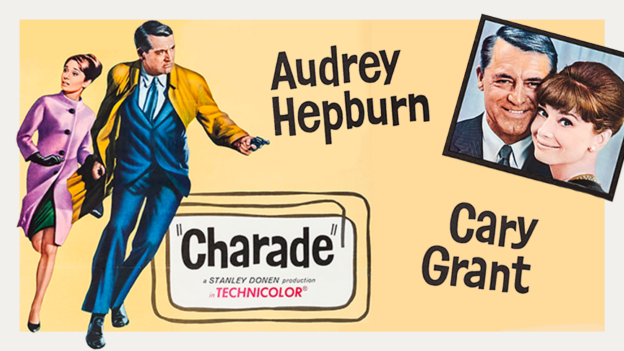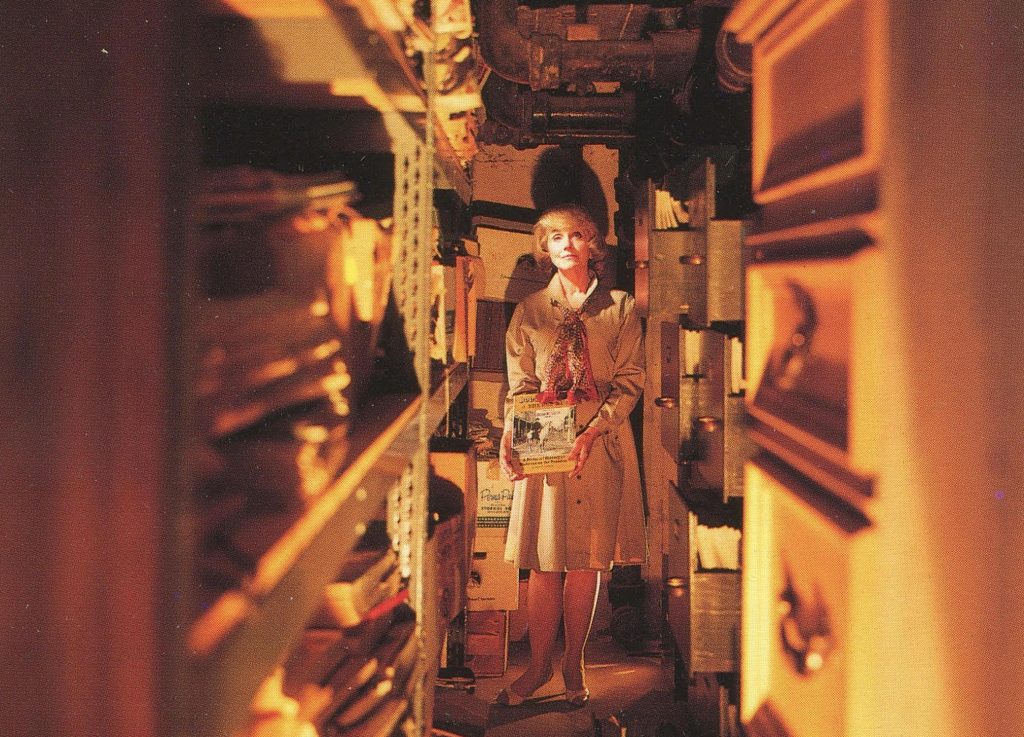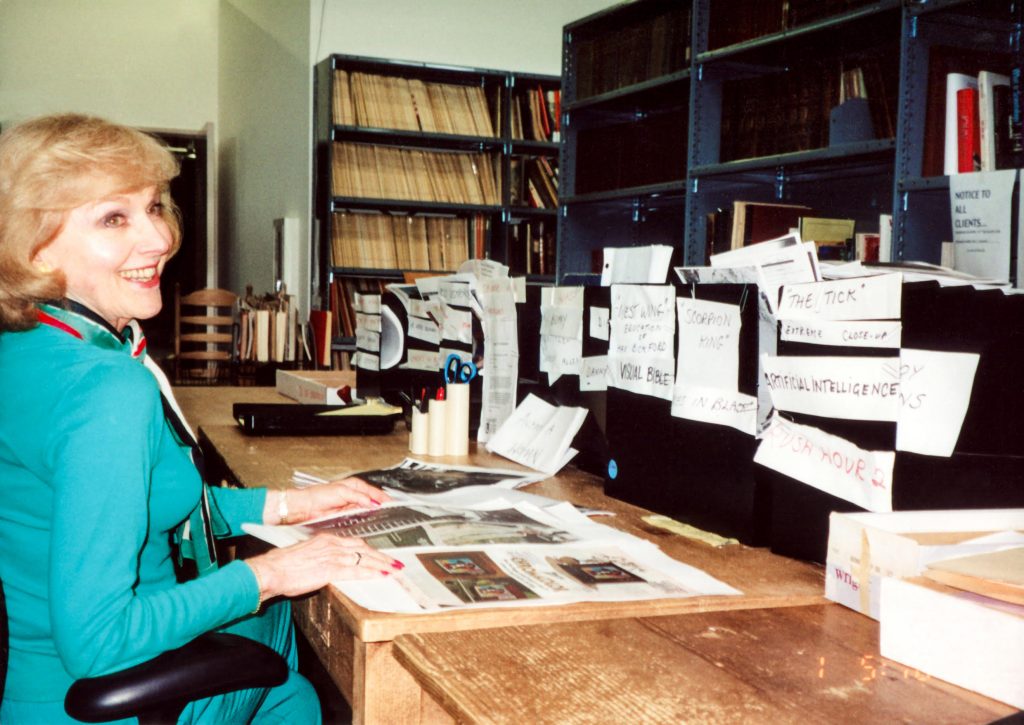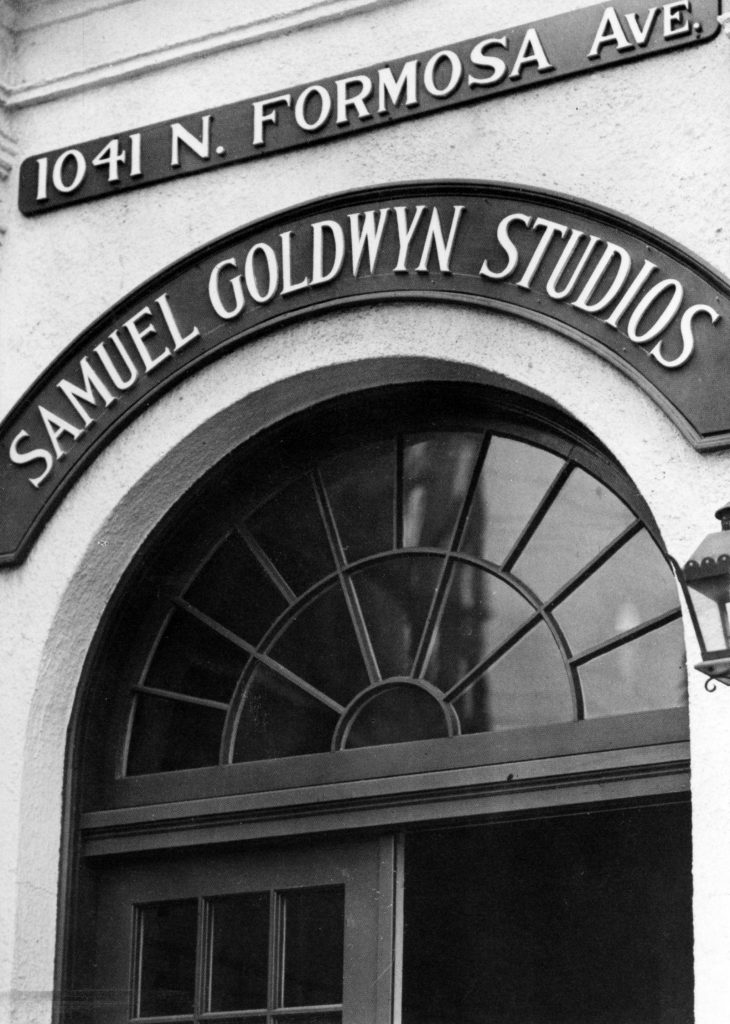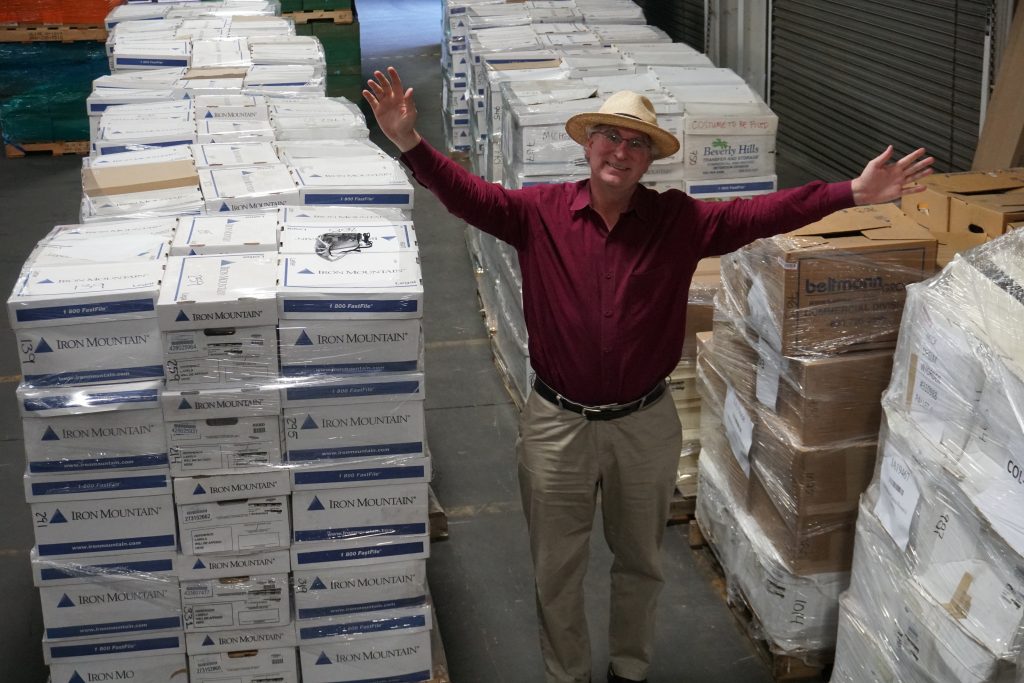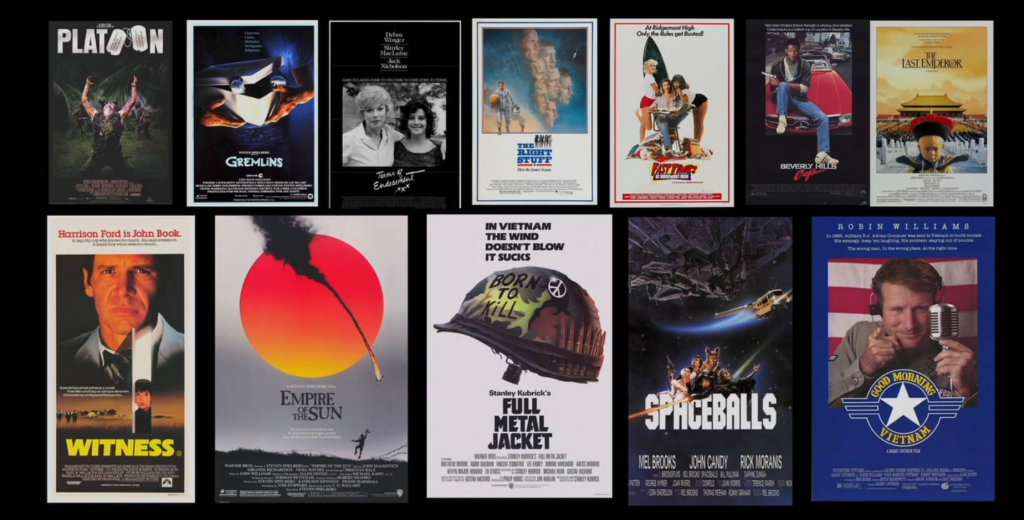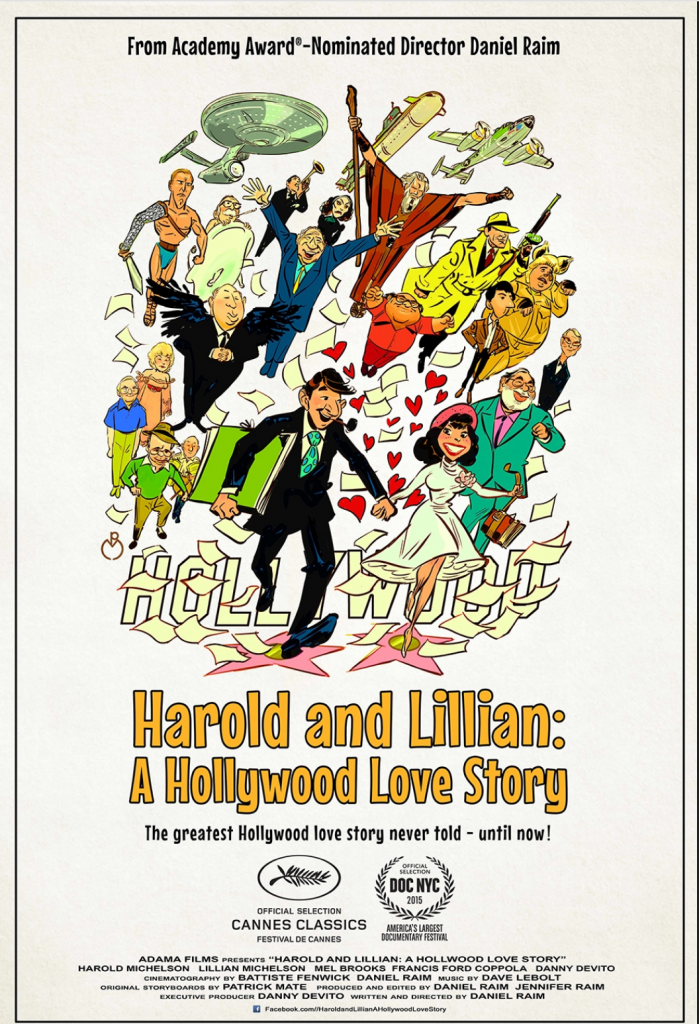
After Johannes Grenzfurthner began working on a new documentary in 2020, he soon realized that his original storyline was much more complicated than he first envisioned.
The 50-year-old Austrian filmmaker started researching what he thought was a valiant tale of hackers in Colorado who helped craft medical equipment during the COVID-19 pandemic for people across the Four Corners region (Colorado, Utah, New Mexico and Arizona), including many members of the Navajo Nation. But as he learned about the disparate impact of the health crisis on the Native American people, he felt compelled to include elements of the United States’ colonial past in the film.

Hacking at Leaves is a 108-minute documentary that incorporates both story lines into an innovative film that Grenzfurthner said “does not fit into a tidy box.”
As an unconventional documentary, he said, it was difficult to land a distributor. So, after a year of trying and failing to secure a commercial release, the filmmaker took a completely different approach: on August 29, 2025, Grenzfurthner published the documentary on the Internet Archive for free public viewing and download.
“It’s free and open, and everyone can see it,” he said. “I have the Internet Archive on my side. At least now I know it will be online. It won’t be deleted, and it will not be censored.”
Having completed and successfully distributed three horror films, Grenzfurthner knew how to find distributors. Unfortunately, he said, the task is more challenging with documentaries, which don’t have a built-in genre fan base.
Initial reviews and audience feedback on Hacking at Leaves was encouraging.
In Europe, it premiered at the Diagonale Film Festival in Austria in April 2024 and was featured at the Ethnocineca film festival in Vienna. It debuted in the U.S. at the Hackers on Planet Earth conference in New York City in July and was screened at the Internet Archive in March 2025.
Yet, Grenzfurthner didn’t have luck getting it shown at big-name festivals, such as Sundance, which hurt its chances with distributors. Many, he said, are looking for stories with an uplifting story arc and his film didn’t align with that formula.
“There are no heroes in this story. There are only victims,” Grenzfurthner said. “If you have a documentary without a clear hero, without an invigorating, positive story that gives people a little bit of hope, certain film festivals and certain distributors are not interested in it anymore.”
Watch Hacking at Leaves on the Internet Archive
Still, he was determined for audiences to see his art. After a frustrating year of trying to sell Hacking at Leaves, Grenzfurthner decided to release it for free on the Internet Archive. Having received a grant from the Austrian government to make the film, the project’s costs were covered, which helped with his decision.
Since the 1990s, Grenzfurthner has published under the label he started – monochrom – which has been a foundation for his artistic and activist work. He’s produced in many mediums, but Grenzfurthner said he’s found film to be the most accessible and emotional way to get his messages out. Ultimately, in opting for free streaming via the Internet Archive, Grenzfurthner said he wanted the film to be viewed by as many people as possible.
The decision to release on the Internet Archive was made in collaboration with the film’s editor, Sebastian Schreiner, and co-producers Jasmin Hagendorfer and Günther Friesinger.

Not only was the Archive the film’s eventual distribution platform, it was also a source of materials when Grenzfurthner was researching the documentary. He used it to find reviews of old films and historical items about the Navajo Nation to feature in his work. Grenzfurthner said he values the resources available and the service it provides for digital preservation.
“People believe that the internet doesn’t forget things, but it forgets stuff all the time. You have to take active care that your stuff is out there,” Grenzfurthner said. In his creative process, he says it’s enormously helpful to have past cultural artifacts to learn from and build upon.
“The Internet Archive is growing and growing with petabytes of data and it’s an important institution,” Grenzfurthner said, “because it tries to guarantee the possibility to get your hands on culture that you can’t find anywhere else.”
He added: “I know having my film on the Internet Archive also means it will be around as long as the Internet Archive is around.”





